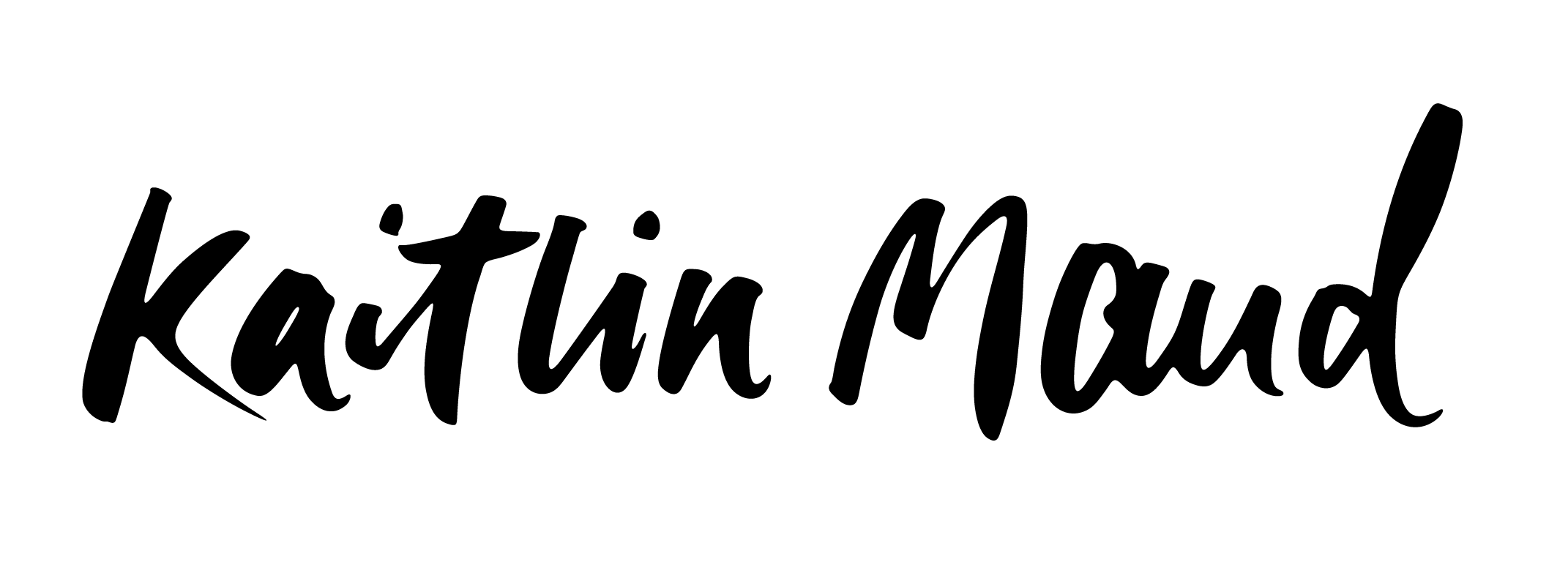Re-Framing Boundaries
“Boundaries are how you raise your standards.”
Boundaries are one of the most important things you can institute to instantly upgrade your relationships and your work.
When I talk about boundaries, people immediately focus on saying no. Or they think someone who has boundaries is a magical unicorn who clocks out at 5pm every night. There are so many misconceptions about what a boundary is! Boundaries are just as much of a “yes” as they are a “no”. They are the set of parameters you are agree to work within. They are neutral and collaborative in nature. And they don’t exist only in a fairytale land.
To me, boundaries are about creating space, not limiting it. When something has no defining parameters, the possibilities have the potential to go from fun and creative to overwhelming and anxiety-producing FAST. Imagine getting a completely open brief for a project. It sounds fun! Until you have to do all of the research and/or guess work to find out what the guidelines or restrictions actually are (because they ALWAYS exist). Or imagine being in a relationship with someone and you don’t know how they feel about you, what they want out of that relationship, or what their needs are. (I KNOW some of you have experienced that!) When you don’t know what is expected or where to begin, you need a boundary to outline the space you are agreeing to work in. Boundaries are how we function in a way that makes the best use of our time and space- both as individuals and in our relationships.
When it comes to my business, the brand positioning projects I work on all have some set of requirements. This can be in the budget, timeline, or even a client’s design system (font, colors, logo). The boundaries of how I engage on the project live alongside this. My boundaries typically outline when and how I am available for meetings, what I will be paid and at what intervals, and the process I need to adhere to in order to produce the fidelity of work that my clients have come to expect. My boundaries communicate the commitments I am making to the work.
You can also think of boundaries as a design constraint. Imagine boundaries are a sheet of paper. You have limited space on that piece of paper to get your message across. So instead of getting lost in endless ways to bring an idea to life, you already know you have to focus on opportunities to be creative within and using that piece of paper. The 8.5” x 11” box is the boundaried space. And knowing that actually gives you the freedom to do better, more inspired work.
From an equity and inclusion perspective, women often feel a social pressure to make space for others. This unfortunately leaves less space for us. Boundaries are the factor that ensure this doesn’t happen.
There is a difference between creating opportunities for others to speak, and allowing yourself to be talked over.
There is a difference between offering someone grace and flexibility with your schedule and giving them unchecked access to you.
There is a difference between inviting input and letting someone tell you how to do your job.
The factor that makes the difference in all of these situations is a boundary. The boundary enables collaboration, creation, and opportunity. In fact, the lack of boundary is a restriction, not only on the work, but on your ability to show up and be your best self.
I wish someone told me in my twenties that this is what boundaries truly are. While my boundaries often mean saying no to some things, those boundaries are what actually enable me to say YES to what matters. When I give myself the defined space to work within, I am a better strategist, mother, partner, friend, and person. I hope this re-frame helps you see things that way too.
15 Boundaries You Can Set Today to Enable Your Best Work
Sticking to a consistent sleep/ wake schedule
Turning off the notifications on your phone
Identifying your target audience and talk only to them
Set consistent work hours (and communicate them to relevant parties)
Commit to doing only the 3 things you are best at or enjoy most within your work
Refer out or delegate everything that is not enabling one of those 3 things
Work from home
Do not scroll in bed
Create a personal budget
Do not negotiate your rates - give your number and stick to it
Put a lunch break on your calendar every day
Use only the hardware & software that helps you do your job best
Speak up when something seems racist, sexist, transphobic, or otherwise harmful
Put together a project plan to make sure expectations are clear
Send invoices on time
